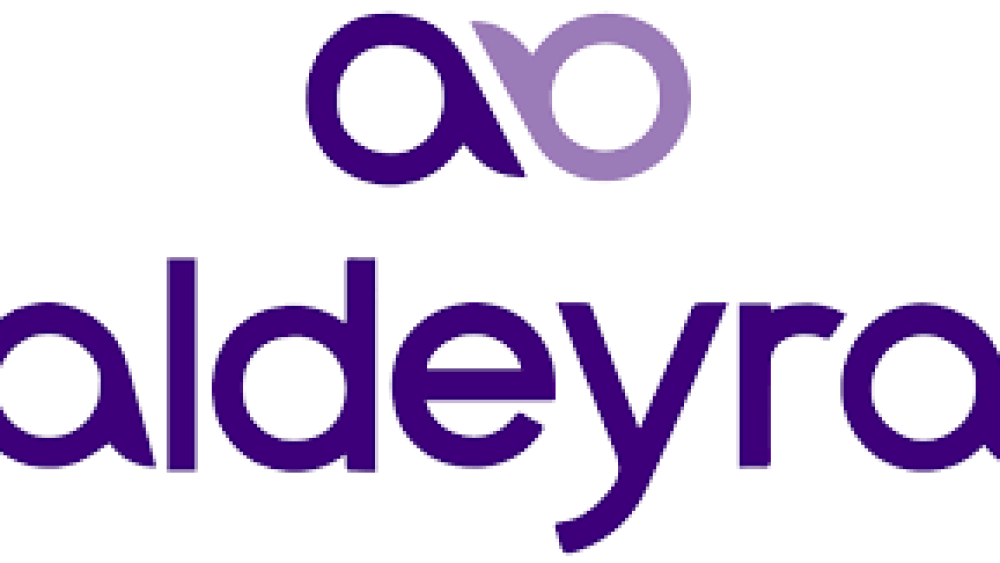Aldeyra Therapeutics has signed a collaboration research deal with Janssen Research & Development, a Johnson & Johnson company.
Based in Lexington, Massachusetts, Aldeyra Therapeutics just signed a collaboration research deal with Janssen Research & Development, a Johnson & Johnson company.
The companies will work together to develop drugs that sequester pro-inflammatory aldehyde mediators. This is a new class of therapeutic targets. Aldeyra’s lead program is reproxalap, a first-in-class drug candidate that has shown anti-inflammatory activity in four Phase II clinical trials. Reproxalap is being evaluated for dry eye disease and other types of ocular inflammation. The agreement will advanced the existing analogs of reproxalap to treat inflammatory diseases.
Aldeyra will work with Janssen on research activities, which will be overseen by a joint scientific review committee. For a limited but unannounced period, Janssen will keep an option to negotiate an exclusive license to compounds that come out of the relationship.
“As we are committed to the development of novel therapeutic product candidates for autoimmune and other diseases characterized by systemic inflammation, we are pleased to partner with Janssen, a world leader in the discovery and development of therapeutics for inflammatory diseases,” said Todd Brady, president and chief executive officer of Aldeyra, in a statement.
No specific financial details for the agreement were released.
On November 29, 2017, the company presented new statistical analyses of its Phase II trial of reproxalap to the American Uveitis Society held at the American Academy of Ophthalmology 2017 Annual Meeting. The data showed formal statistical non-inferiority of 0.5% reproxalap ophthalmic solution compared to Pred Forte, a topical ocular corticosteroid, in reducing anterior chamber inflammatory cell count. The combination of reproxalap and twice-daily Pred Forte also was non-inferior to Pred Forte monotherapy four times a day.
“The use of corticosteroid therapy for the treatment of ocular inflammation is hampered by ophthalmic toxicity, including cataract formation, secondary infection, viral reactivation, delayed wound healing and elevated intraocular pressure that can cause irreversible glaucomatous optic atrophy,” said John Sheppard, professor of Ophthalmology, Eastern Virginia Medical School, who gave the presentation, in a statement. “Reproxalap could represent a welcome addition to the topical therapeutic options available to practitioners who treat noninfectious anterior uveitis, a severe inflammatory disease which can lead to permanent vision loss.”
And on January 30, 2018, Aldeyra announced that it had enrolled its first patient in a Phase IIb trial of reproxalap for dry eye disease. The trial will test two concentrations of the drug over 12 weeks in 300 patients with moderate dry eye disease.
“Existing therapy for dry eye disease, a common inflammatory condition that leads to persistently disturbing ocular irritation, is generally considered by physicians and patients to be inadequate, but represents one of the largest ophthalmic markets worldwide,” said Brady, in a statement. “Based on the positive results from the Phase IIa dry eye disease clinical trial with our topical ocular product candidate reproxalap announced in September 2017, we are pleased to begin enrolling our Phase IIb clinical trial, and expect to report results in the second half of this year.”
It seems that the work and results with reproxalap is what attracted J&J to the company and that category of drug.





